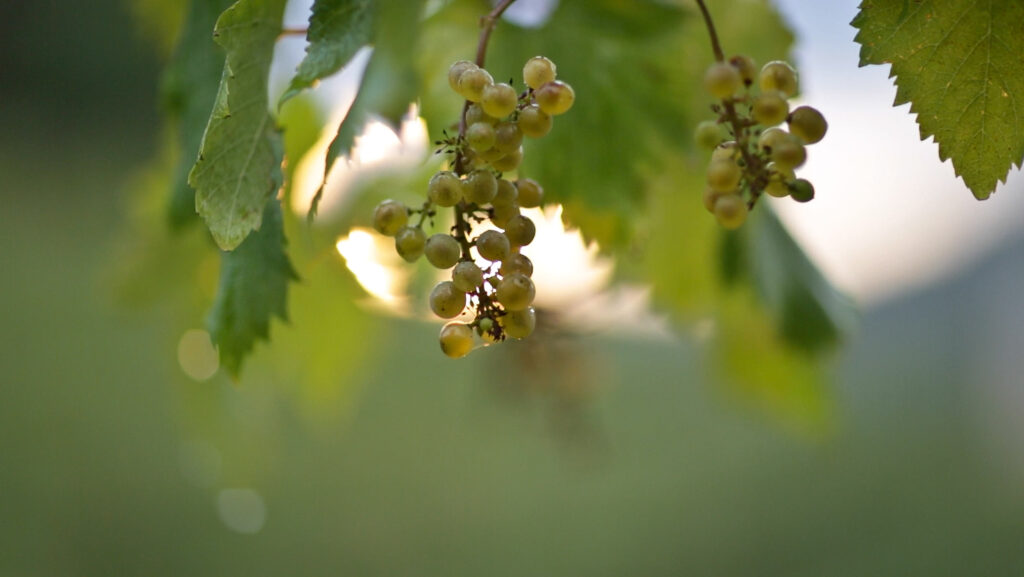
Picolit is a white grape variety that is native to the Friuli Venezia Giulia region of northeast Italy. It is known for producing sweet dessert wines, often made in the passito style, which means that the grapes are dried to concentrate their sugars and flavors. Picolit wines have a distinctive aroma of honey, quince, and apricot, and a complex and refined taste.
The history of Picolit dates back to the 18th century, when it was first cultivated by Count Fabio Asquini, who owned a large estate in the Rosazzo area. He was impressed by the quality and uniqueness of the local wine, which was called Perpetuum, and decided to improve it by adding some brandy and aging it in wooden barrels. He also selected the best grapes from the Picolit vine, which was known for its low yields and small berries, and named the wine after it. He exported his Picolit wine to many European courts, where it was highly appreciated and praised. Picolit became a symbol of prestige and elegance and was considered one of the finest wines in the world.
However, the popularity of Picolit declined in the 19th and 20th centuries, due to several factors, such as the phylloxera epidemic, the two world wars, and the changing tastes of consumers. The production of Picolit became very limited and expensive, and the grape was almost extinct. Fortunately, some producers, such as the Perusini family, invested in the preservation and improvement of the Picolit vine, developing new clones that were more resistant and productive, but still faithful to the original characteristics. They also experimented with different styles of winemaking, such as late harvest and dry wines, to showcase the versatility and potential of Picolit.
Today, Picolit is recognized as a DOCG wine, which means that it has the highest level of quality and authenticity in Italy. It is mainly produced in the Colli Orientali del Friuli area, where the soil and climate are ideal for the grape.
What’s special about it?
Picolit is a grape variety that produces few buds because of a genetic disorder called stenospermocarpy, given by the fact that the male part of the plant is sterile – relying therefore on pollination by bees and butterflies – which means that the seeds are small and abortive, and the berries are seedless or partially seeded. This condition reduces the fertility and vigor of the plant and also makes it more susceptible to diseases and pests. Picolit is, therefore, a difficult and expensive grape to grow, and requires careful and skilled cultivation.
Stenospermocarpy is not unique to Picolit, but it is more common and severe in this grape than in others. Some other grape varieties that have stenospermocarpy are Merlot, Cabernet Sauvignon, and Petit Verdot. However, stenospermocarpy can also have some positive effects on the quality and flavor of the wine, as it increases the concentration of sugars and aromas in the berries, and gives them a distinctive shape and texture.
